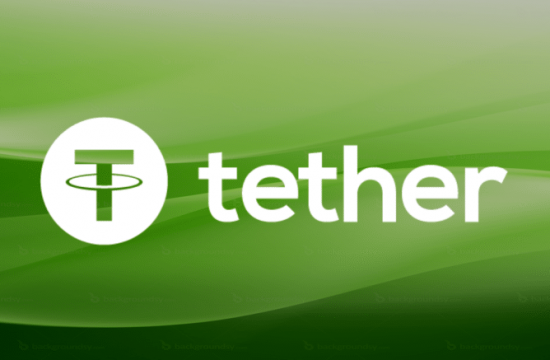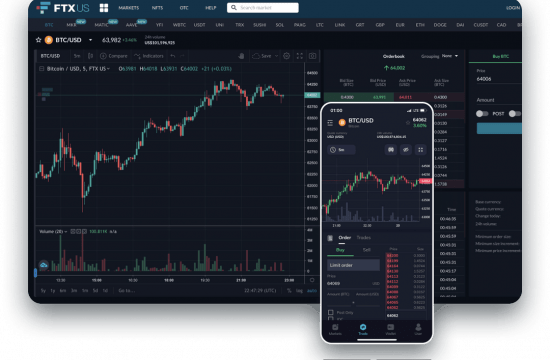The Royal Courts of Justice in London ordered cryptocurrency exchange Binance to identify the hackers and seize stolen assets that belonged to artificial intelligence (AI) company Fetch.ai.
Fetch.ai was the victim of a $2.6 million hack and alleges that the fraudsters broke through their accounts with Binance on June 6. The research lab said hackers were reselling the stolen tokens at a significantly reduced price.
This week, Fetch.ai has received a request for the world’s biggest cryptocurrency exchange to take steps to identify the individuals behind the incident.
A Binance spokesperson confirmed that they are helping Fetch.ai in the recovery of assets.
“Binance routinely freezes accounts that are identified as having suspicious activity occurring in line with our security policies and commitment to ensuring that users are protected while using our platform,” he added.
The exchange has its own emergency insurance fund, dubbed “secure asset fund for users (SAFU),” which covers client losses in some cases.
Syedur Rahman, a Fetch.ai legal team partner, said Binance has already located the individuals behind the hack and had frozen some of the stolen funds. However, he claims that the exchange asks Fetch.ai for proof that their account has been hacked before returning the tokens.
“We need to dispel the myth that cryptoassets are anonymous. The reality is that with the right rules and applications they can be tracked, traced and recovered,” Rahman told Reuters.
A couple of years ago, Binance itself was a victim of a large scale data breach, in which hackers stole more than $40 million in cryptocurrency. At the time, the attackers managed to steal users’ API keys, two-factor authentication codes and other sensitive information, which supposedly helped them to orchestrate the hack.
Binance is facing a growing crackdown on multiple fronts and has been flagged by regulators in many jurisdictions. In the UK, Britain’s Financial Conduct Authority (FCA) restricted the exchange from carrying out regulated activities in the country.












